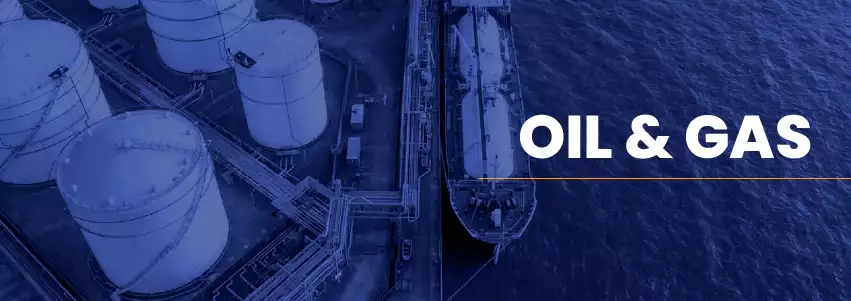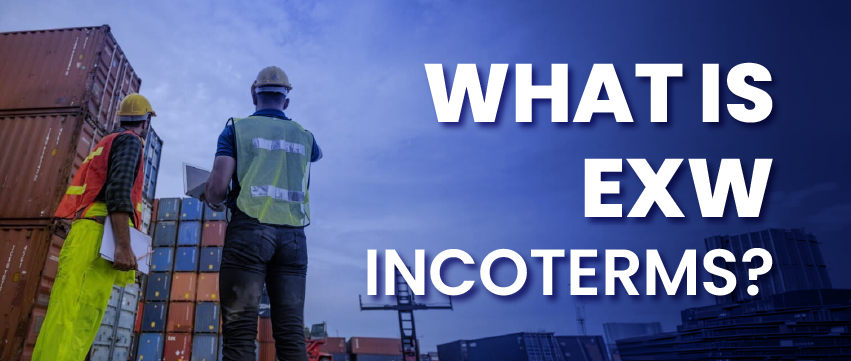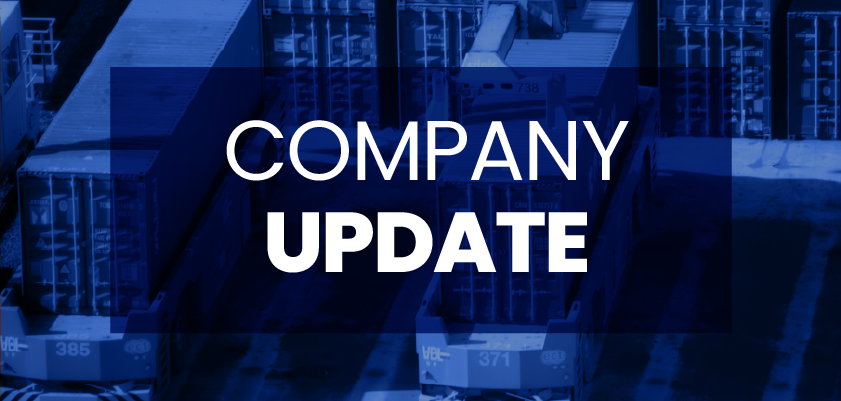List of Oil Transporters in OPCA
OPCA is proud to have oil transporters and gas transporters as members of the network. Our members provide tailored project logistics services to meet the unique needs of the oil and gas industry. Whether it's shipping heavy machinery or supporting offshore rigs, our network members can handle even the most complicated transportation projects.
The members utilize advanced technologies and a variety of shipping modes, including air freight, sea freight, land freight, and rail freight, to ensure safe and efficient delivery. With experience spanning upstream exploration, offshore operations, and downstream refining, our members are ready to manage projects of any size, anywhere in the world. When you cooperate with Overseas Project Cargo Association’s oil and gas project cargo freight forwarders, you gain access to experts who will ensure your project stays on time and within budget.
OPCA For Reliable and Fast Independent Gas Transporters Network!
Becoming a member of OPCA’s oil and gas transporters network gives you access to a powerful logistics platform. The members are experts in handling complex, oversized shipments, such as drilling rigs, turbines, and refinery components. They carefully plan and execute each stage of logistics to ensure smooth delivery.
When you join the network or cooperate with one of our members, you connect with project cargo professionals who prioritize safety, compliance, and environmental responsibility. These qualities allow OPCA members to provide logistics solutions that solve your challenges while optimizing your supply chain. This way, you can improve efficiency, reduce risks, and keep your projects on budget.
Compare Oil and Gas Service Providers with Confidence
Choosing the right oil and gas freight forwarder is important to project success. It is also important to assess their ability to manage large, multifaceted shipments, as well as their knowledge of the logistics required for transporting valuable and oversized cargo.
Here are some key factors to consider:
Expertise in Complicated Shipments: OPCA members are specialists in heavy-lift cargo, oversized shipments, and project cargo logistics, offering customized solutions at every stage.
Global Reach with Local Expertise: OPCA members operate worldwide, with offices and partners in key oil and gas regions. This ensures smooth handling of shipments wherever they’re needed.
Multimodal Transport Solutions: Oil and gas logistics often require air, sea, road, and rail transport. OPCA members provide multimodal solutions to minimize delays and increase efficiency. The members are international freight forwarders with strong connections to independent gas transporters and petroleum transportation companies in all modes, and they negotiate the best deals on your behalf.
Compliance and Risk Management: OPCA members follow safety protocols and regulatory standards to mitigate risks, especially when handling hazardous materials.
Partnering with an OPCA member ensures that your logistics are handled by experts, reducing risks and optimizing your supply chain from start to finish.
The Importance of Oil and Gas Transportation in Global Trade
No doubt that oil and gas play a critical role in global trade, driving economies and powering industries worldwide. However, transporting these vital resources comes with challenges, such as managing out of gauge shipments, navigating geopolitical issues, and ensuring compliance with customs regulations.
The oil and gas industry relies on a sophisticated supply chain to move resources efficiently—from extraction sites to refineries, power plants, and consumers. Logistics providers that specialize in oversized cargo and environmental standards play a key role in overcoming these challenges.
In the face of growing sustainability concerns, oil and gas transportation companies are exploring eco-friendly solutions. Many are leveraging digital tools to optimize routes, reduce emissions, and streamline logistics. The use of IoT, data analytics, and collaboration between logistics partners is also on the rise.
It is worth to mention that project cargo includes; oil and gas, wind power, petrochemical plants, chemical facilities, power generation, mining operations, steel mills, and infrastructure. When it comes to mining machinery shipping, OPCA members also offer specialized services. For more details, visit our dedicated page for mining machinery shipping.
Frequently Asked Questions (FAQ) About Gas Transporters
Which industries rely on oil and gas transportation services?
Industries such as energy, manufacturing, chemicals, and construction rely heavily on oil and gas shipping services. These industries require continuous access to petroleum products, including fuel, gas, and liquid natural gas, to power machinery, operations, and production lines.
What factors should be considered in oil and gas logistics?
Key factors include shipment size, type (e.g., liquid natural gas or petroleum), shipping modes (road, rail, sea, air), regulatory compliance, safety standards, and environmental impacts. Efficient route planning and risk management are also essential for smooth operations.
What are the most common challenges in oil and gas transportation?
Common challenges include managing oversized cargo, navigating political or environmental risks, dealing with volatile fuel prices, and adhering to international and local safety and regulatory standards. Additionally, the transportation, loading, and unloading of hazardous materials require special handling.
Is insurance necessary for oil and gas cargo transportation?
Yes, insurance is vital for protecting high-value shipments in the oil and gas industry. Given the value of the cargo and the risks involved, insurance helps cover damage or loss during logistics process, ensuring financial protection against unexpected events.
What are some sustainable practices in oil and gas logistics?
Sustainable practices include using energy-efficient devlivery options, optimizing routes with technology, reducing emissions, and minimizing waste. Many gas and oil transportation companies are also investing in greener solutions like electric vehicles and renewable energy sources for operations.
How do you choose the right freight forwarder for oil and gas projects?
When choosing a freight forwarder for oil and gas projects, look for companies with expertise in handling large and challenging shipments, experience with hazardous materials, and the ability to offer multimodal logistics solutions. Additionally, ensure they have a global reach and adhere to all necessary compliance and safety standards. The parties involved in the process are referred to in various ways, such as independent gas transporters, fuel transportation companies, or liquid natural gas transportation companies. However, a project cargo freight forwarder can act as the organizer, including selecting the appropriate shipping mode, handling paperwork, and providing customs clearance services.
_logo.webp)



